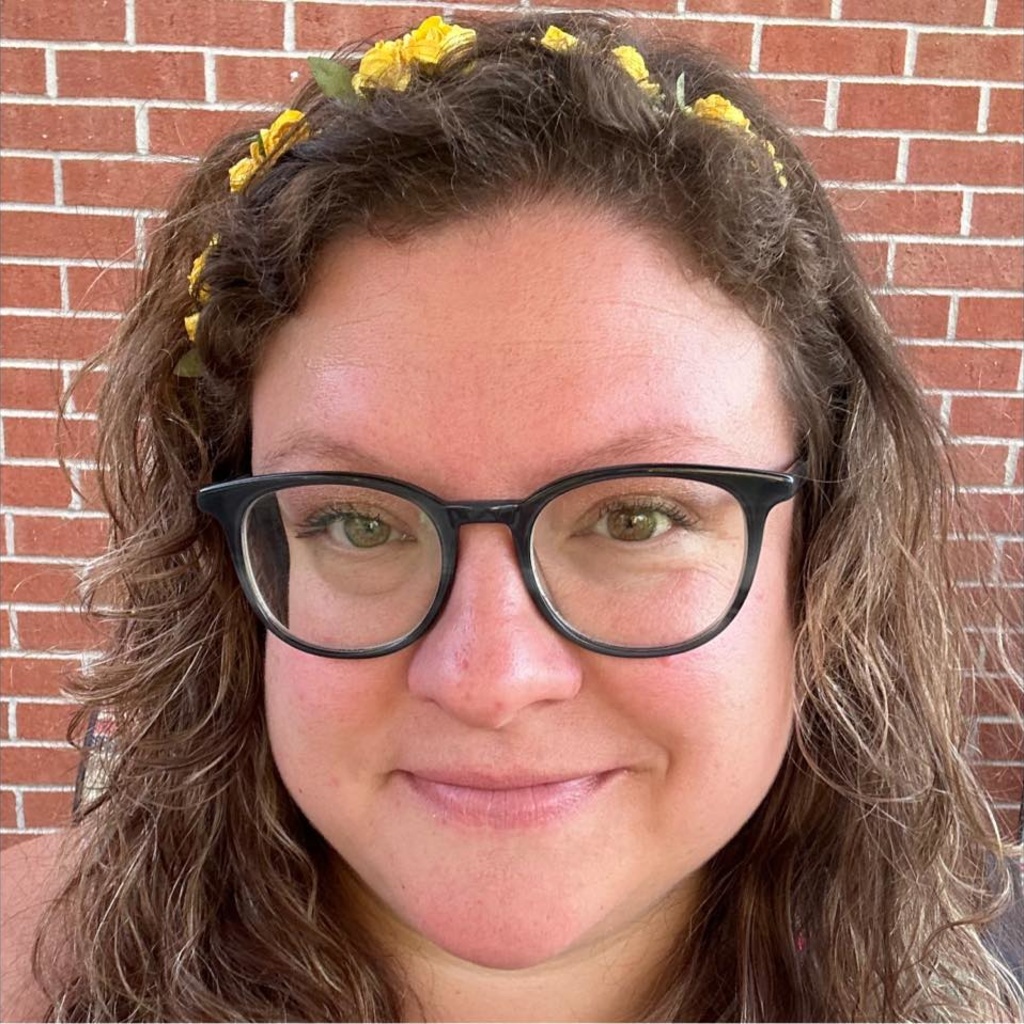Founding Director

Asha L. Bhandary, PhD
I am a feminist philosopher and a social and political philosopher, and an expert in care theory and liberal political theory. My current work evaluates how our existing and unjust caregiving arrangements obstruct the path of autonomy for women of color. In two published books, Freedom to Care: Liberalism, Dependency Care, and Culture (Routledge 2020) and Caring for Liberalism, with co-editor Amy R. Baehr (Routledge 2021), two books in progress, Being at Home: Living Autonomously in an Unjust World (Oxford University Press) and Reproductive Justice for a Caring Society, with co-authors Natalie Fixmer-Oraiz, Lina- Maria Murillo (Agenda Press), a digital humanities video game titled Surviving the “Indifferents”, more than fifteen articles and book chapters, and over fifty lectures, I advance a systematic theory of the just distribution of care, one that responds to marginalized social positions. This theory of just care asserts full claimant status for the category of people implicitly assigned to be caregivers.
Distinguished Senior Scholar
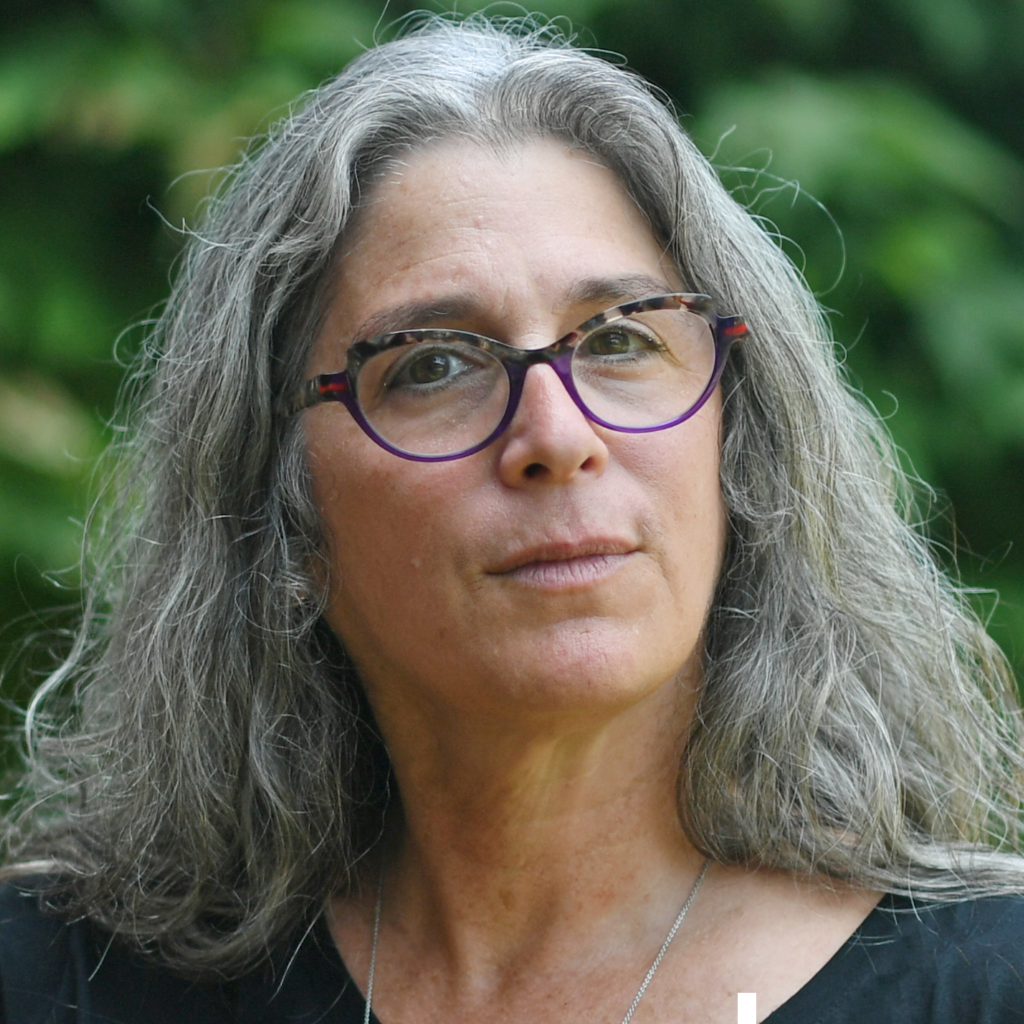
Lori Gruen, PhD
Care Fellows
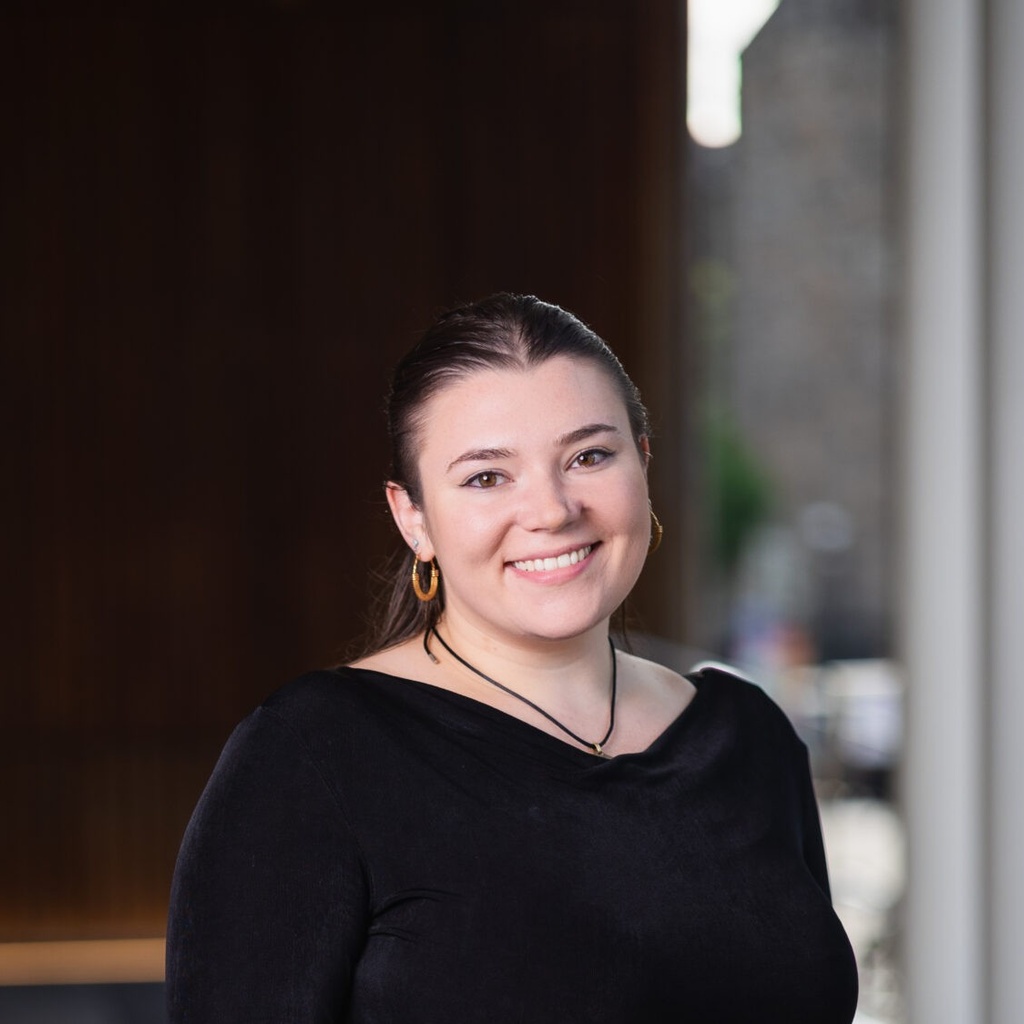
Michael Greer, PhD candidate
I work in feminist philosophy, social epistemology, philosophy of social science, and bioethics. My dissertation, which examines the role of emotion in social movement building, pushes on the disciplinary boundaries of philosophy by drawing on qualitative empirical data that I collected myself. My first chapter reflects on the philosophical value of qualitative methods by appealing to the care epistemology developed in Vrinda Dalmiya’s Caring to Know: Comparative Care Ethics, Feminist Epistemology, and the Mahābhārata. I argue that one reason to use qualitative methods in Philosophy is that they allow philosophers to practice a virtue associated with care-knowing, the virtue of relational humility. I contend that practicing this virtue can change how the philosopher feels about uncertainty, her own ignorance, and knowledge in general, and this can have knock-on effects in the knowledge that she produces, ultimately making it more epistemically just. I thus justify the epistemic payoff of qualitative methods in Philosophy in terms of how they allow us to develop ourselves as caring knowers. I am turning this chapter into a series of papers that connect care epistemology with the value of qualitative methods—in the social sciences and philosophy—as well as ideas around how to conduct a more critical, feminist X-Phi.

Costanza Porro, PhD
I am a Lecturer in Political Philosophy at Lancaster University. My main research interests lie at the intersection between political philosophy and feminist philosophy, and I have published a number of articles and book chapters on theories of equality, the philosophy of vulnerability, the ethics and the politics of care and the philosophy of criminal punishment. My current book project, based on research funded by the British Academy, offers a novel perspective on the place that care should have in our understanding of justice, centred on the under-explored relationship between relational equality and care. I develop a political account of care which captures the political significance of care beyond dependency care and I propose a novel relational theory of justice and care which does not focus on providing the good of care to people, framing care primarily as a concern of distributive justice, but looks at the social structures, institutions, norms and policies that can support the creation and the flourishing of an array of diverse caring relationships. The support to relationships of care, I argue, is owed to all as the appropriate response to their status as moral equals. Looking at questions of care through the lenses of relational equality, I also address issues of inequalities of power, status and esteem in caring relationships and caring practices, including the question of who provides care, and how that intersects with existing gender, race, class and migration status-based inequalities of status.
Website: https://www.costanzaporro.com/
https://www.lancaster.ac.uk/ppr/people/costanza-porro
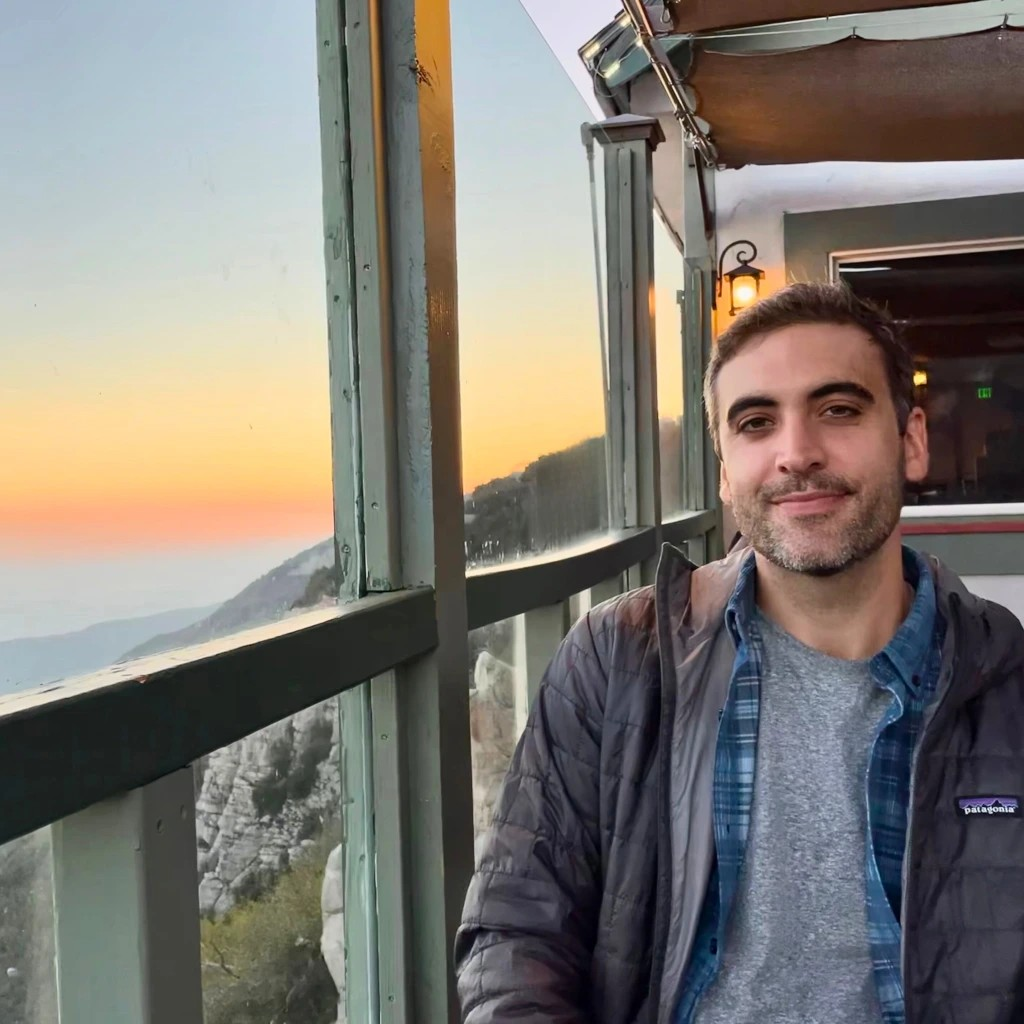
Kyle Scott, PhD
I’m a philosopher working in social and political philosophy. My work primarily concerns the topics of freedom, labor, and capitalism. Currently, I am working on a project on contemporary care work that argues that market pressures increasingly force care workers to perform emotionally engaged labor in ways that are mechanical, instrumentalized, and disconnected from authentic caring motivations. I argue that this produces new forms of alienation that separate workers from the moral and emotional expressions that give their work its distinctive value.
Contributing Scholars
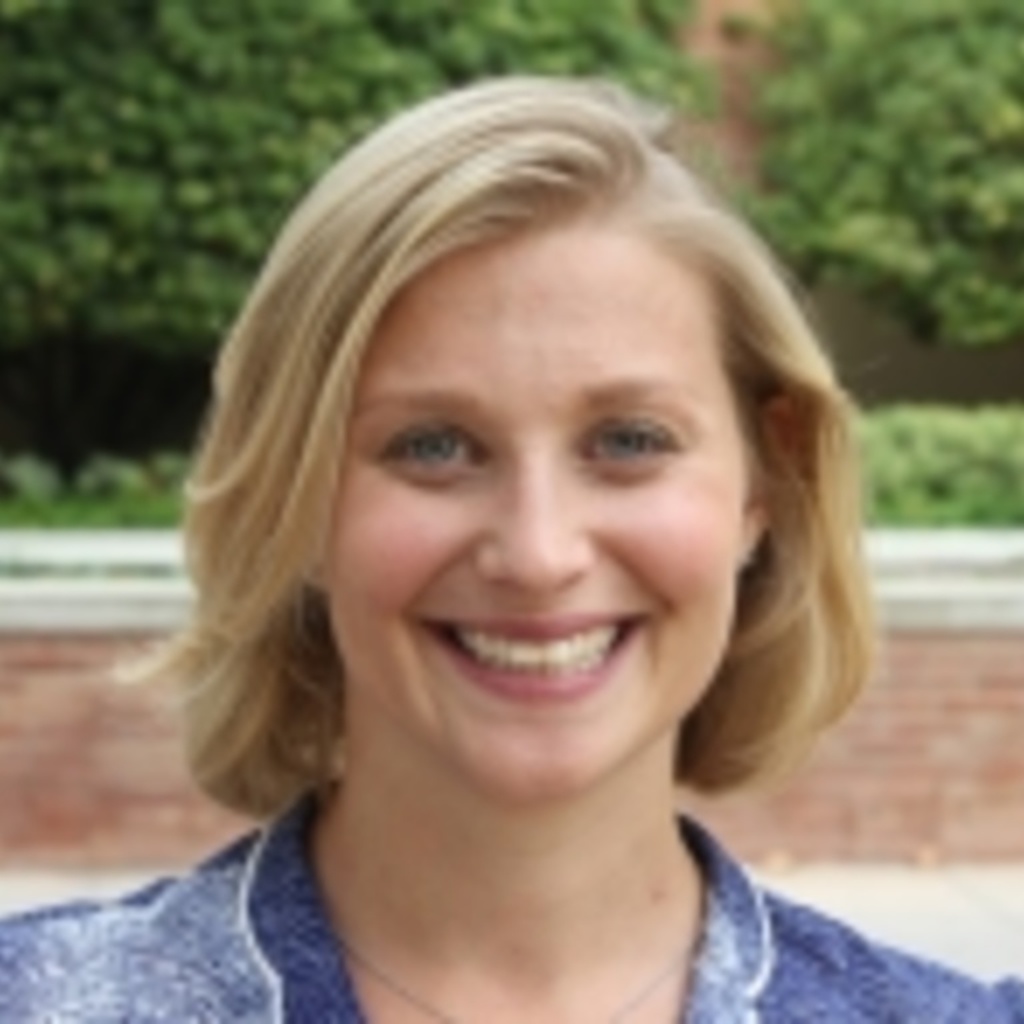
Elana Buch, PhD
As a sociocultural and medical anthropologist, I ask questions about how different ways of practicing human interdependence are connected to large scale social changes like population aging, and how these forms of interdependence generate social difference and inequality across the life course. To answer these questions, I conduct ethnographic research with older adults and their close relations in the United States to understand how they adapt to changing circumstances. In the process, I foreground aging and care as complex processes of relational and social experimentation. My first book, Inequalities of Aging: Paradoxes of Independence in American Home Care (2018, NYU Press) was awarded an Eileen Basker Memorial Book Prize from the Society for Medical Anthropology in 2020. Inequalities of Aging argues that the paid home care work that enables some older Americans to live independently both generates and relies on entanglements between deeply embodied moral commitments and profound social inequalities. With colleagues, I am also working to develop a comparative approach to theorizing care, which analyzes care as one among many cultural and historical frameworks for understanding, evaluating, and organizing human interdependence.
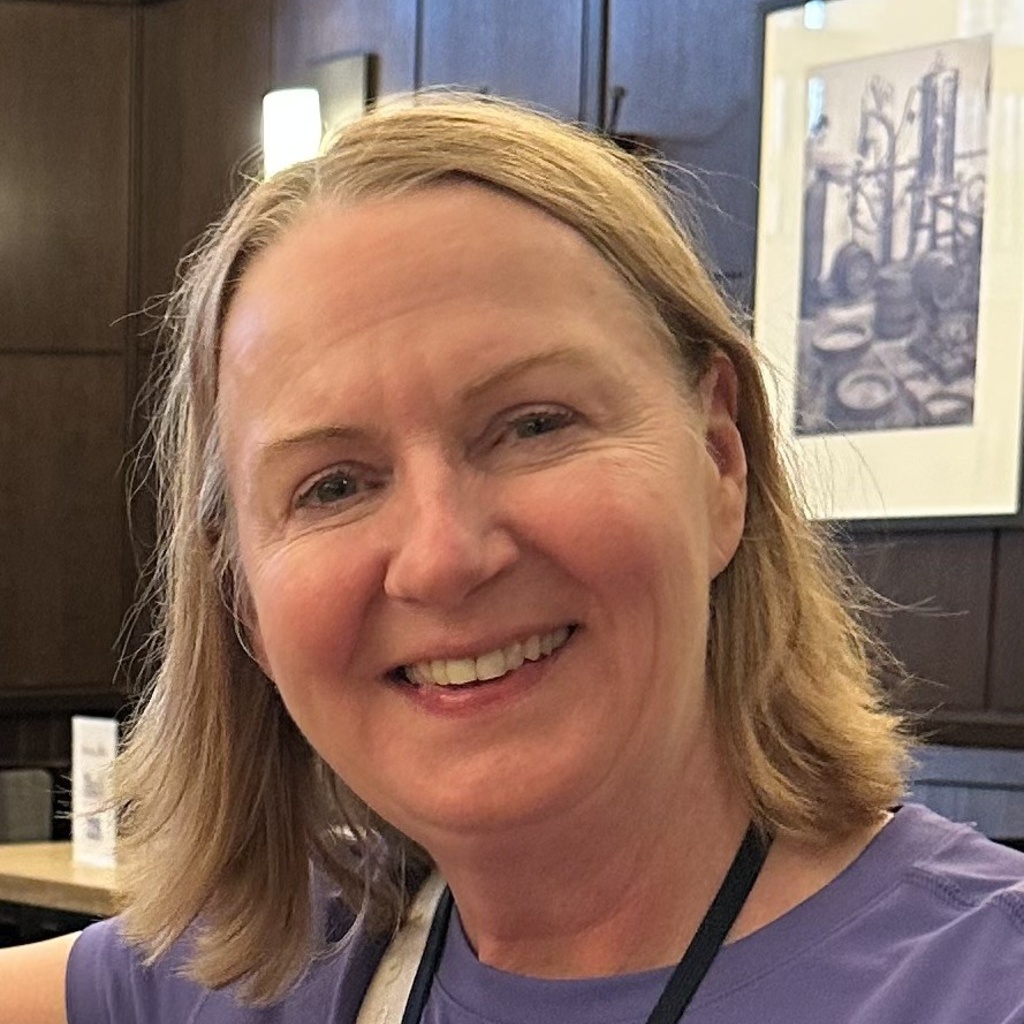
Diana Fritz Cates, PhD
As a scholar of religious studies, I specialize in religious ethics (ethics as it relates to the study of diverse religions and religious moralities) and moral psychology (the study of cognitive, volitional, and emotional processes that are involved in the exercise of moral agency). With roots in Aristotelian, Stoic, and Thomistic thought, my research focuses on the conceptual and ethical analysis of virtues and emotions. It includes the ethics of love and compassion, construed as virtues that require the concomitant exercise of practical wisdom and justice. A second area of research is religion and biomedical ethics. I am especially interested in the influences that religions can have on people’s medical and ethical decision making and on their views of biotechnological initiatives affecting the beginning and the end of life. I attend also to global health disparities and inequities in the distribution of healthcare resources.
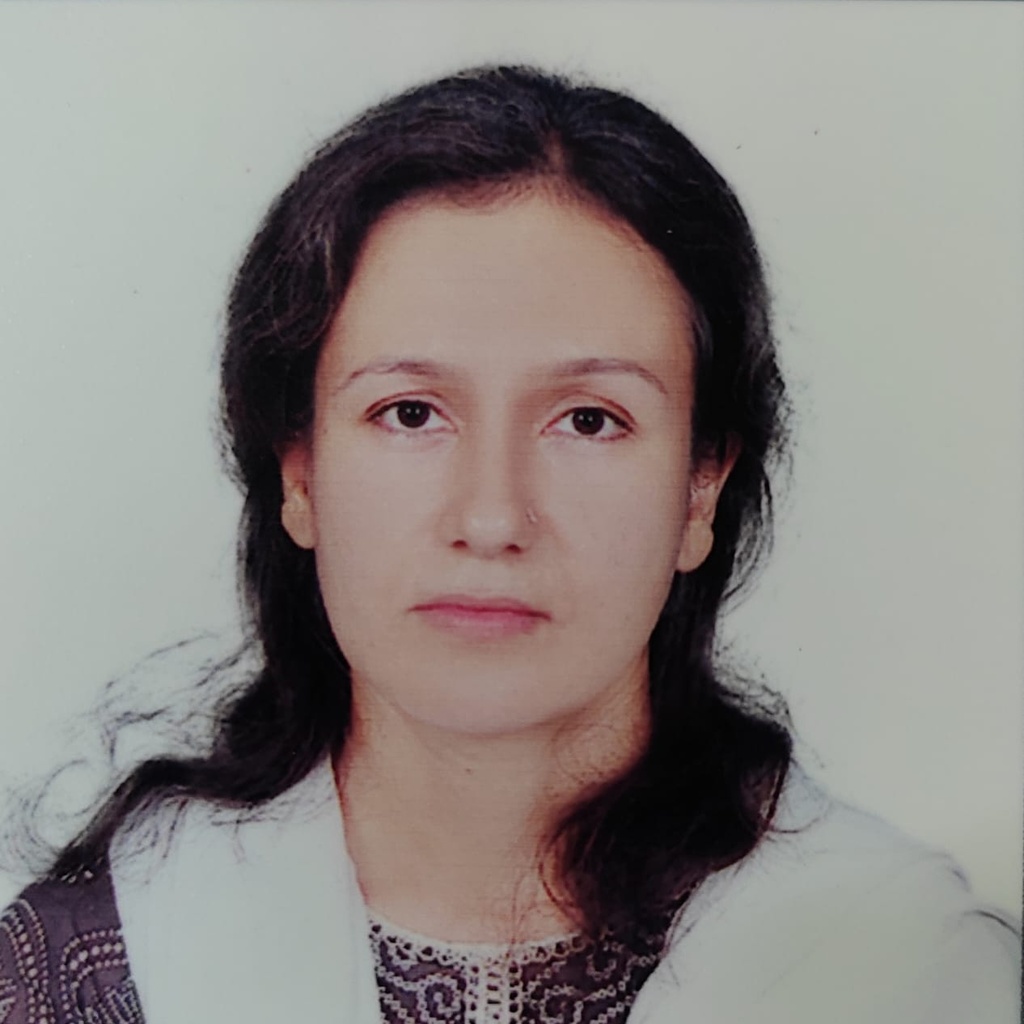
Shazia Rehman Khan, PhD
As an organizational studies and business ethics scholar, my research deals with the question of how organizations affect the morality of people who work for them and changes them in certain ways. Answering these questions develops further questions about the value of time contributions, value of work and care in human life, the structure of work, and social inequalities. Through answering and developing more questions about work and care, and through implicating time, my work aspires to develop a blueprint for an egalitarian society.

Hanna Stevens, MD, PhD
Hanna Stevens runs the Psychiatry and Early Neurobiological Development Lab (PENDL) at the University of Iowa Carver College of Medicine. Her research seeks to understand molecular and cellular aspects of early brain development and their relevance to psychiatric disorders. Her work is particularly focused on understanding how prenatal stress, environmental exposures and genes that play a role in early development have an impact on childhood behavior and act as risk factors for multiple psychiatric disorders. Our goal is to advance mental health diagnosis and treatment of disorders across the lifespan. We particularly focus on the high risk times of pregnancy and early development.
Research Assistant

Aura Qiu, Graduate Student
Care Lab Administrator & Website Designer
